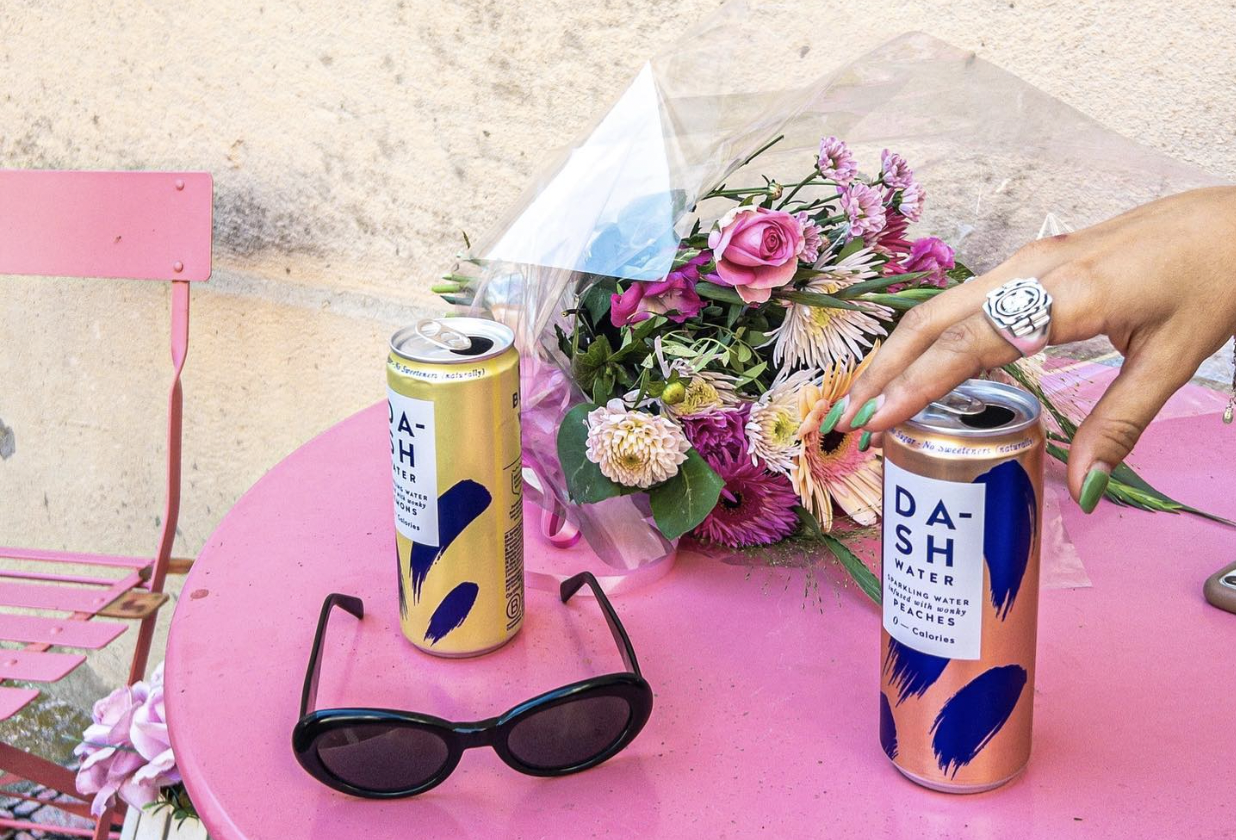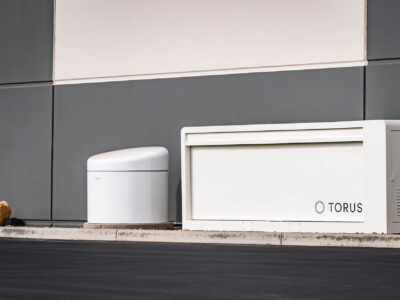(Bloomberg Businessweek) —
Squished raspberries, curved cucumbers, bruised peaches. It’s hard to find buyers for imperfect fruit. But for fizzy drinks entrepreneurs Jack Scott and Alex Wright, “wonky” produce tastes just right.
The founders of London-based Dash Water flavor their sugar-free carbonated beverage with fruit that would otherwise end up as animal feed or in a landfill, where food waste—as much as 40% of what’s grown globally—generates substantial climate-warming emissions. Dash, which started as a niche offering at boutique gyms and coffee shops, sells a half-dozen flavors online and at major retailers in the UK and Australia. The company, founded in 2017, forecasts retail sales of at least £18 million ($20 million) this year and has ambitions to expand globally. Here, Scott shares lessons he’s learned along the way:
Have a larger mission. “It’s a necessity now for businesses or brands to really think about how they’re making the world a better place,” says Scott, 32. He and Wright, 30, grew up on farms where they’d see unwanted but perfectly edible produce get tossed. Dash in July introduced a “love wonky” ad campaign that sought to raise awareness about food waste just as the UK was headed for its driest summer in decades. The drought has led to a harvest of shrunken or odd-shaped apples, carrots, and onions, prompting farming advocates to call for an easing of grocers’ size and shape standards.
Your patience will be rewarded. Convincing retailers there would be an appetite for sugar-free carbonated beverages was tough at first. The founders tried out the product in stores, gave some away for free, and visited as many as 25 potential locations a day to “do the hard sell on Dash,” Scott says. “Slowly, over time, through marketing activity online, you’re able to build up a core following.” In recent weeks, Starbucks Corp. and Tesco Plc have started to stock cans of Dash in the UK.
Stay nimble. When Covid hit and stores closed, Dash lost much of its distribution network. So the company moved online, and now digital transactions account for half of total sales—35% from the Dash website and 15% through Amazon.com Inc. “We’re really proud of how we pivoted our business to direct-to-consumer,” Scott says.
Social media isn’t everything. Dash’s Instagram feed features celebrities such as Victoria Beckham clutching its brightly colored cans, but Scott advises against getting carried away with social media. Make sure any effort you do make can really translate into sales. “If we got Kylie Jenner to talk about Dash, but no one in the US can buy Dash, it would just be completely useless,” he says.
Be meticulous. It pays to perfect the details of your product before going to market, says Scott, who’s been talking to strawberry farmers about the potential of adding a flavor to the company’s existing offerings: blackcurrant, cucumber, lemon, mango, peach, and raspberry. “You get one shot at launching a product,” he says.
To contact the author of this story:
Katie Linsell in London at klinsell@bloomberg.net
© 2022 Bloomberg L.P.





